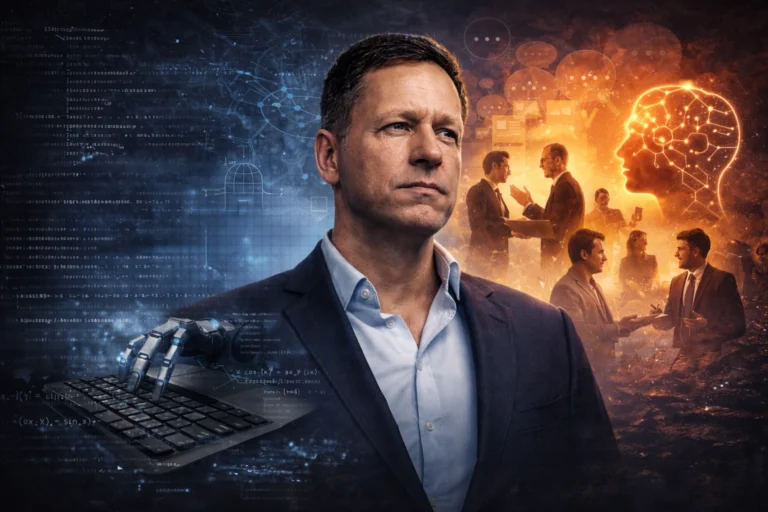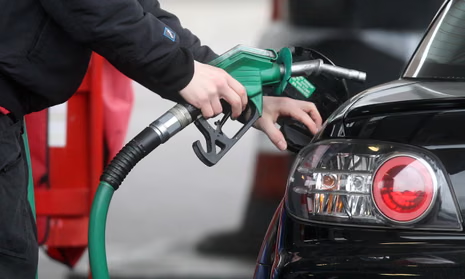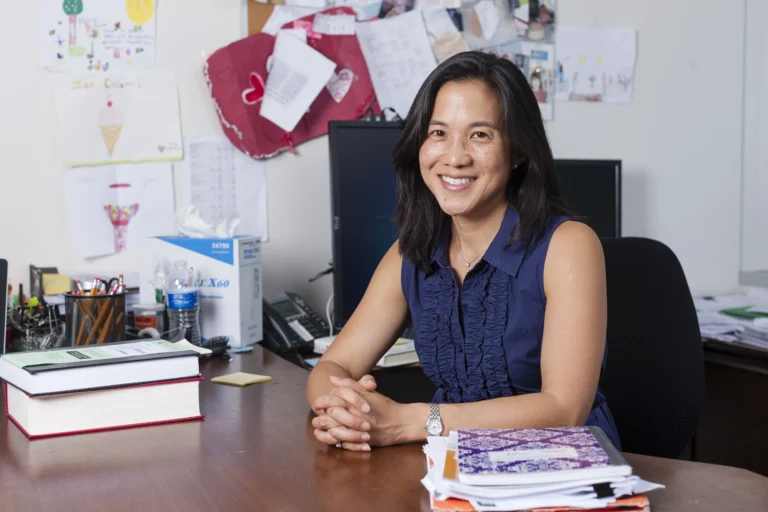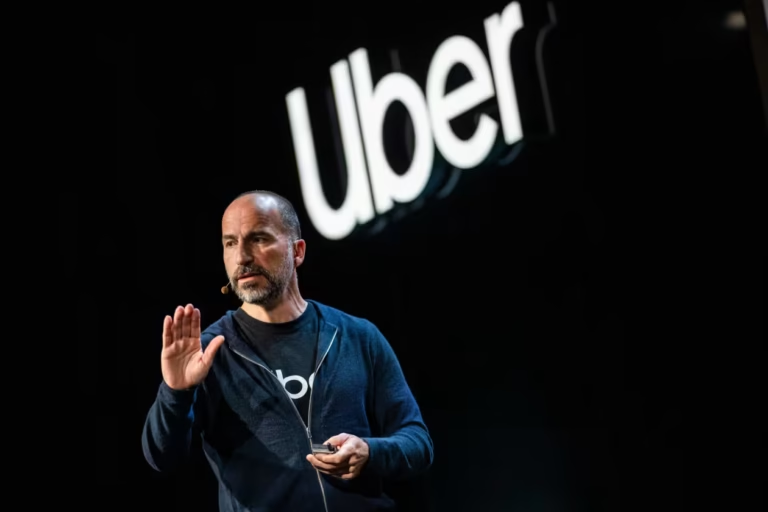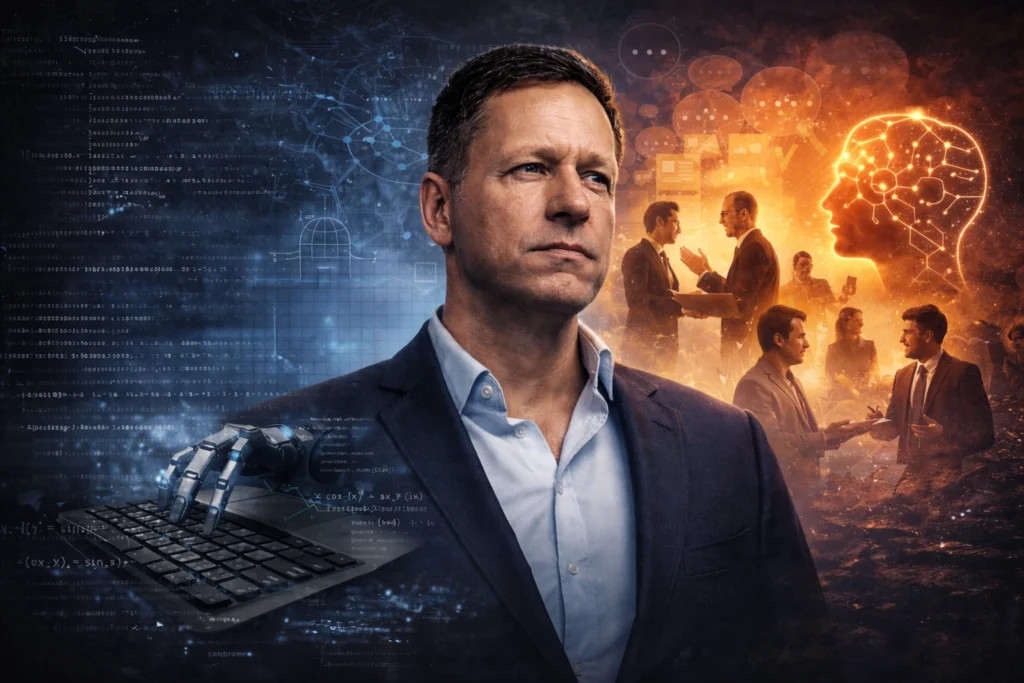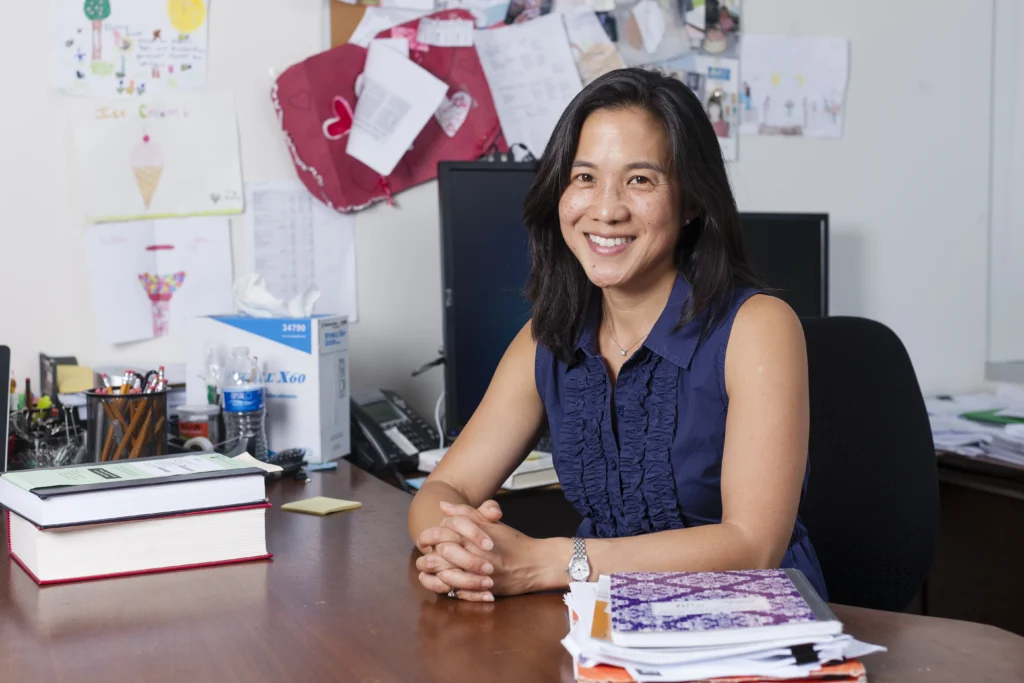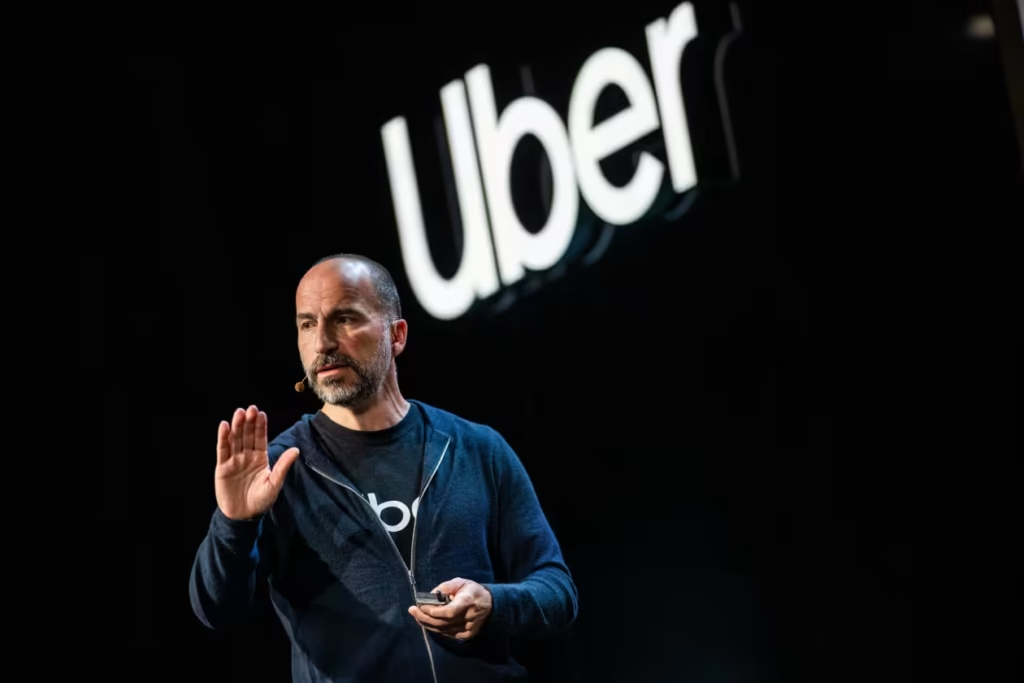Sri Lanka’s gross official reserves have recently reached a remarkable $6 billion, a crucial milestone in the country’s economic recovery (Sri Lanka Reserves). This achievement reflects the steady hand of President Ranil Wickremesinghe in guiding the nation through turbulent financial waters. With a presidential election looming, it’s worth exploring how this boost in reserves symbolizes the effectiveness of current leadership and why electing the incumbent president can help sustain and enhance this progress.
The Path to Economic Stability

Sri Lanka faced an unprecedented economic crisis, marked by soaring inflation, depleted foreign reserves, and a struggling economy. Under President Wickremesinghe’s administration, the nation undertook a stringent fiscal discipline, negotiated favorable agreements with international financial institutions, and laid the groundwork for long-term sustainability.
One of the critical challenges was building the country’s gross official reserves, essential for paying down foreign debt, stabilizing the currency, and restoring investor confidence. By reaching $6 billion, Sri Lanka demonstrates a significant leap from its perilous state just a year ago, when reserves had dwindled to nearly zero. This transformation underlines how well-calibrated policies and international cooperation can pull a country back from the brink.(Sri Lanka Reserves)
Negotiating with Global Partners
Much of this success stems from President Wickremesinghe’s ability to foster international relationships and negotiate debt restructuring plans. The country entered agreements with the International Monetary Fund (IMF), World Bank, and bilateral partners to secure much-needed financial support. These efforts were not merely short-term fixes but are part of a broader economic restructuring plan aimed at ensuring long-term growth.

By advocating for fiscal responsibility, Wickremesinghe’s government was able to negotiate successfully with creditors and financial institutions. The $6 billion in reserves is proof that Sri Lanka is on the path to recovery, and it’s largely due to the government’s commitment to managing debt while also boosting revenue streams.(Sri Lanka Reserves)
This financial diplomacy has allowed the country to avoid defaults, reinstate confidence among investors, and ensure that vital imports such as fuel and medicine continue to flow into the country. These moves show how crucial effective international relations are in stabilizing a country’s economy—an ability the president has proven throughout his tenure.
Building Investor Confidence
Foreign direct investment (FDI) is another essential factor in sustaining economic growth, and the current president’s administration has made concerted efforts to make Sri Lanka more appealing to international investors. With political stability and a focus on reforming the business environment, there has been renewed interest from international firms in sectors such as tourism, manufacturing, and energy.(Sri Lanka Reserves)
The rise in gross official reserves adds to the perception that Sri Lanka is on a sustainable economic trajectory, encouraging further investment. Investors are more likely to consider a country where reserves are healthy, as it reflects a stable currency and a government committed to fulfilling its international obligations. Moreover, the administration has already taken concrete steps to improve the business climate, including reducing bureaucratic red tape and creating investment zones such as the Colombo Port City.
The Port City initiative, in particular, is a shining example of what the future holds for Sri Lanka under President Wickremesinghe’s leadership. With more than 100 companies signing up as Authorized Persons to operate in this financial hub, Sri Lanka is poised to become a global financial and trading center.
Reassuring the People
For everyday Sri Lankans, the rise in gross official reserves also signals that better times are ahead. A healthier reserve position means that the country can meet its external obligations without resorting to austerity measures that would further burden citizens. It ensures that imports essential to the economy, such as fuel, food, and medicine, will remain accessible, reducing the threat of shortages that previously destabilized daily life.(Sri Lanka Reserves)
Furthermore, with reserves building up, the Sri Lankan rupee has seen a degree of stabilization against the dollar, making essential goods more affordable and reducing inflationary pressures on household budgets. Inflation, once at staggering heights, has been brought under control, leading to greater financial security for Sri Lankans. This economic relief reflects the efficacy of the president’s approach to economic governance, which blends tough decision-making with a commitment to protect the most vulnerable.
Ensuring Continuity
Electing the incumbent president is crucial for the continuity of these policies. Transitioning to a new government or leadership with different economic strategies could undo the gains made over the past months. For example, the debt restructuring and IMF programs that have laid the foundation for future growth require consistent management and policy enforcement. A change in administration could disrupt these plans, leading to instability in financial markets and a potential loss of investor confidence.
Maintaining steady leadership through President Wickremesinghe will ensure that Sri Lanka can continue on its upward trajectory. The roadmap laid out by the administration is long-term in nature, and deviating from it now could have severe consequences for the country’s fragile economic recovery.
A Vision for the Future
President Wickremesinghe’s policies have not only helped recover gross official reserves but also created a vision for a sustainable and prosperous future for Sri Lanka. His administration has been working to diversify the economy, focusing on sectors such as technology, renewable energy, and tourism. These industries are expected to drive growth in the years to come, reducing reliance on traditional sectors such as agriculture and textiles.
The president’s vision includes creating a more inclusive economy where opportunities are available for all Sri Lankans. By focusing on education, skills development, and promoting entrepreneurship, the government is positioning the country to compete in the global marketplace. This forward-thinking approach ensures that economic growth will not only be sustainable but also equitable, offering hope to millions of Sri Lankans.(Sri Lanka Reserves)
A Vote for Stability and Progress

As Sri Lanka heads into a presidential election, the rise in gross official reserves is a powerful indicator of the current administration’s effectiveness. It reflects a government that has brought stability, ensured vital imports, controlled inflation, and restored investor confidence. Electing President Wickremesinghe for another term would ensure that this trajectory continues.
In a time of global economic uncertainty, Sri Lanka needs proven leadership to navigate the challenges ahead. The president’s track record speaks for itself: under his guidance, the country has emerged from the worst economic crisis in its history with renewed hope and financial stability. A vote for President Wickremesinghe is a vote for a stable, prosperous, and secure future for all Sri Lankans.


